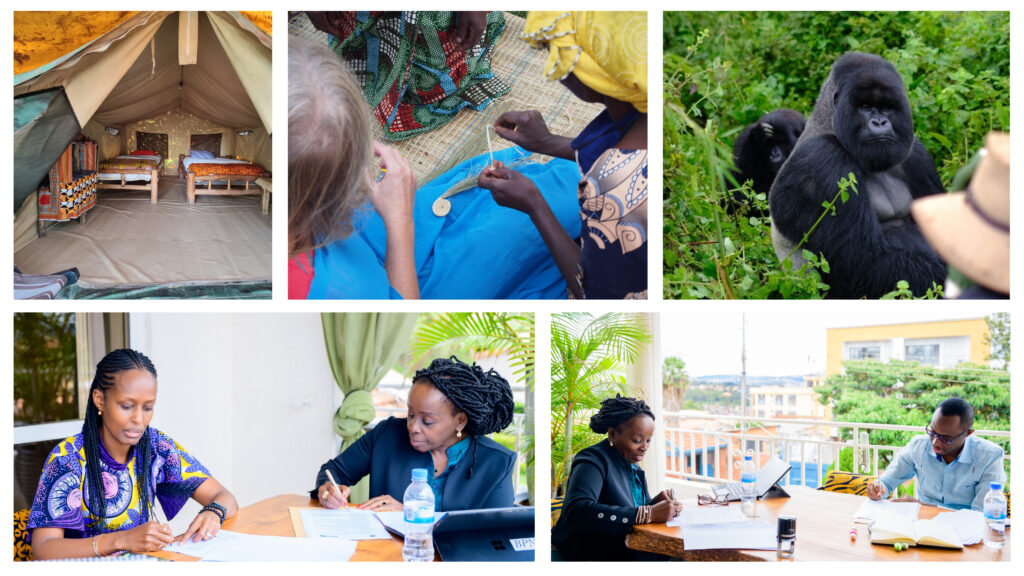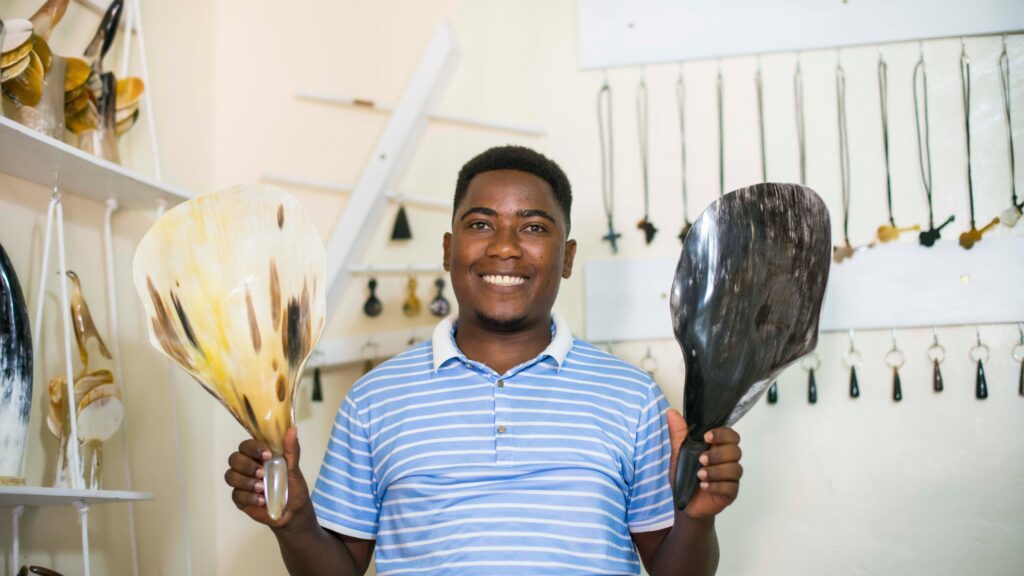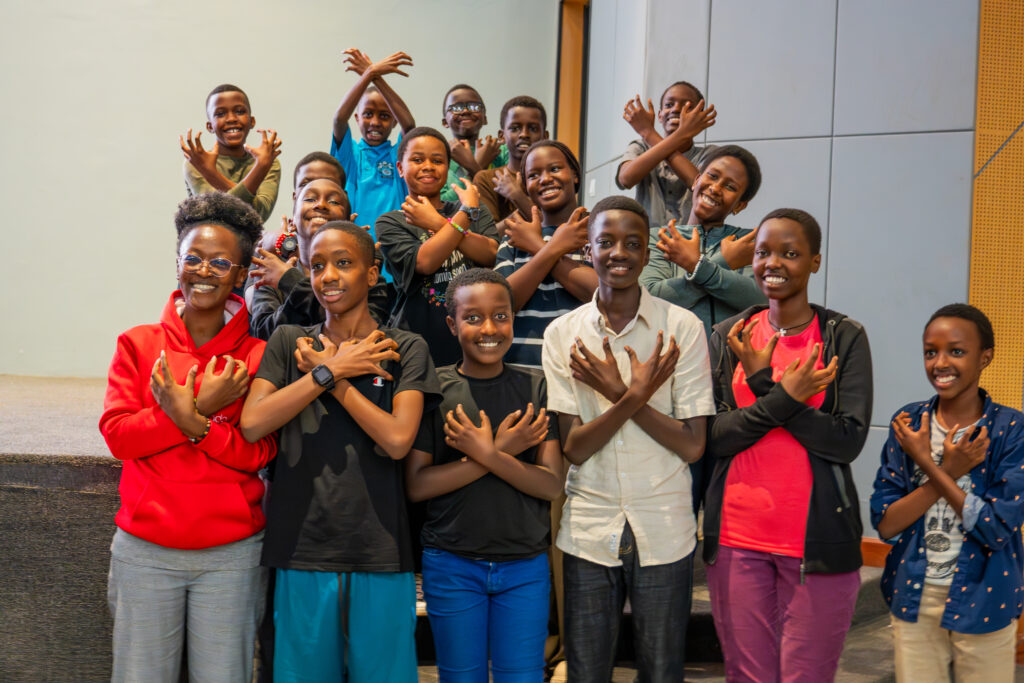Rwanda is experiencing a transformational moment in tourism & hospitality.
This momentum is the result of deliberate government priorities, bold investments, and a clear vision to position the country as both a hub for high-end eco-friendly tourism as well as Africa’s leading MICE (Meetings, Incentives, Conferences, and Exhibitions) destination. Kigali recently made history as the first African city to host the UCI Road World Championships, an achievement that brought unprecedented global visibility and branding opportunities.
Behind this growth is a supportive government framework anchored in the Tourism Master Plan, which emphasizes sustainability, digital innovation, and infrastructure development. Altogether, these elements create a golden moment for entrepreneurs ready to seize emerging opportunities within Rwanda’s dynamic tourism landscape.
Opportunities for Entrepreneurs
- The boom extends well beyond hotels and tour operations. Demand is growing for fine dining restaurants, lounges, coffee shops, and lifestyle experiences that complement traditional tourism.
- Wellness, cultural tours, curated experiences, and guiding services also present untapped opportunities.
- Technology is another growth area, from booking platforms and payment systems to local review sites.
- Tourism also links closely with agriculture and the creative industries, farmers supply hotels and restaurants, while local crafts, fashion, and cultural products enrich the visitor experience.
- Agro-tourism, especially coffee and farm-to-cup tours, is fast gaining traction.
Entrepreneurs are essential to making Rwanda’s tourism sustainable, inclusive, and competitive. By sourcing locally, hotels and restaurants create opportunities for SMEs and farmers. Community-based models ensure inclusivity through hiring, sourcing, and revenue-sharing. Tourism generates direct income, fosters global networks, and enhances visibility. Indirectly, it drives infrastructure upgrades, expands digital access, and creates jobs.
Red Rocks Rwanda in Musanze, for example, has built a cultural hub that empowers women, promotes conservation, and attracts visitors from around the world. Entrepreneurs looking to join the momentum should consider focusing on three actions:
- Specialize and own a niche.
- Partner with cooperatives or agencies as well as RDB.
- Build a strong digital presence.
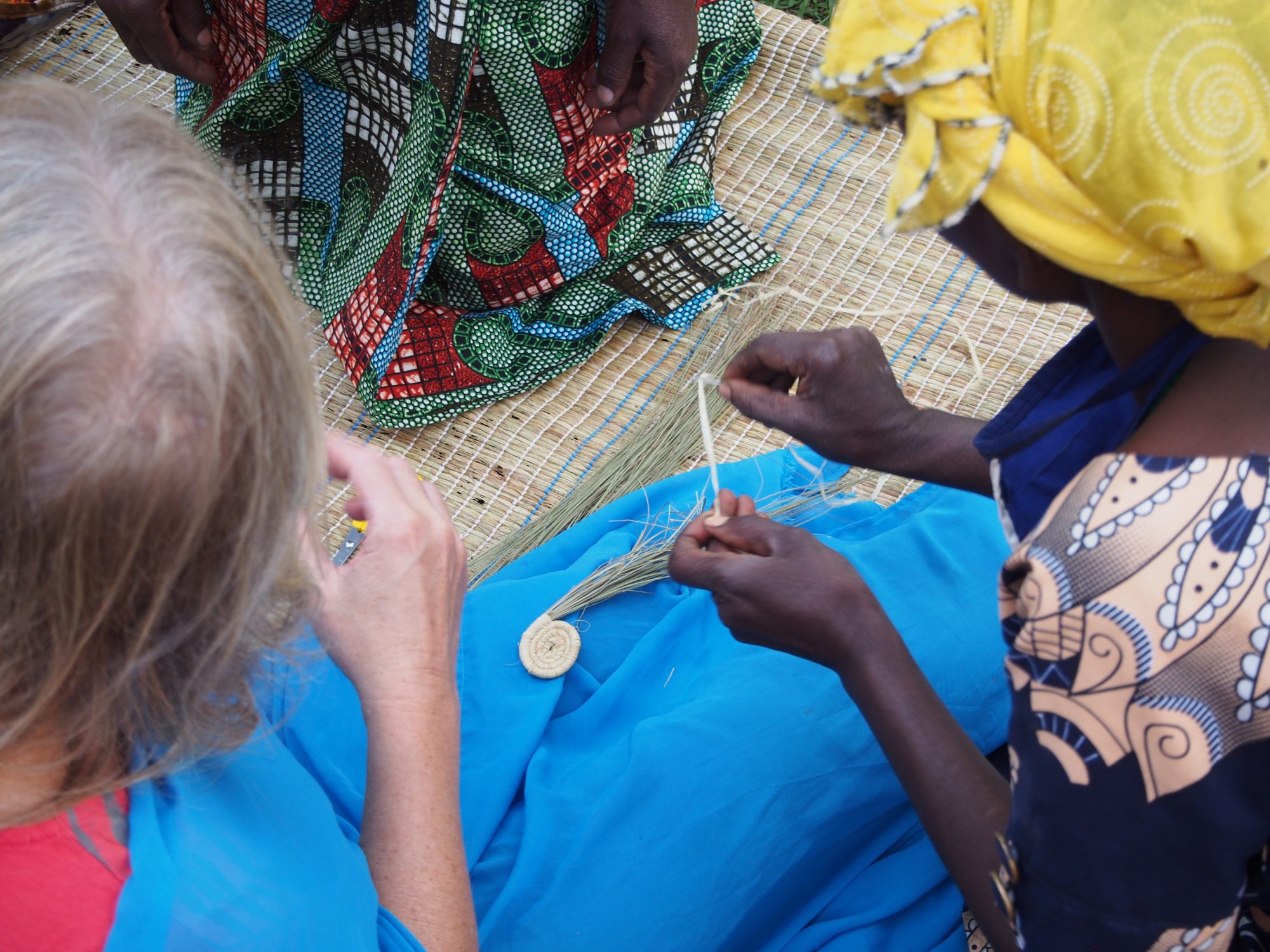
Tourists are not only looking for luxury, but they also seek authenticity. Imported models can fall short if they don’t reflect Rwanda’s unique context. Above all, service excellence should remain at the heart of Rwanda’s brand of warm, professional hospitality.
The vision for Rwanda’s tourism over the next decade is clear: to become a leading African destination offering world-class, memorable experiences. Despite global challenges, the sector continues to show resilience and steady growth, giving entrepreneurs confidence to invest.
BPN Rwanda, your trusted partner for growth
BPN Rwanda has positioned itself as both a bridge and a catalyst, ensuring that entrepreneurs are not just participants in this transformation but leaders shaping its direction. We believe that when small businesses are nurtured with skills, networks, and institutional support, they become engines of job creation and dignity. This belief is reinforced through strategic partnerships designed for entrepreneurs in the tourism and hospitality industry.
With Vatel Rwanda School of Hospitality and Tourism, BPN signed an MoU to ensure that entrepreneurs and their teams are equipped with industry-level training. Together, they are building a pipeline of skilled talent, linking students with SMEs for internships and placements, and promoting sustainable business practices that raise service standards across the sector.
In parallel, the partnership with the Rwanda Chamber of Tourism (RCOT) extends BPN’s reach into the very heart of Rwanda’s tourism value chain. This MoU is focused on empowering women and youth-led businesses with capacity building, coaching, access to finance, and advocacy for policies that enable growth. By aligning with institutions like RCOT, BPN ensures that entrepreneurs are not working in isolation but are supported by a larger ecosystem committed to their success.
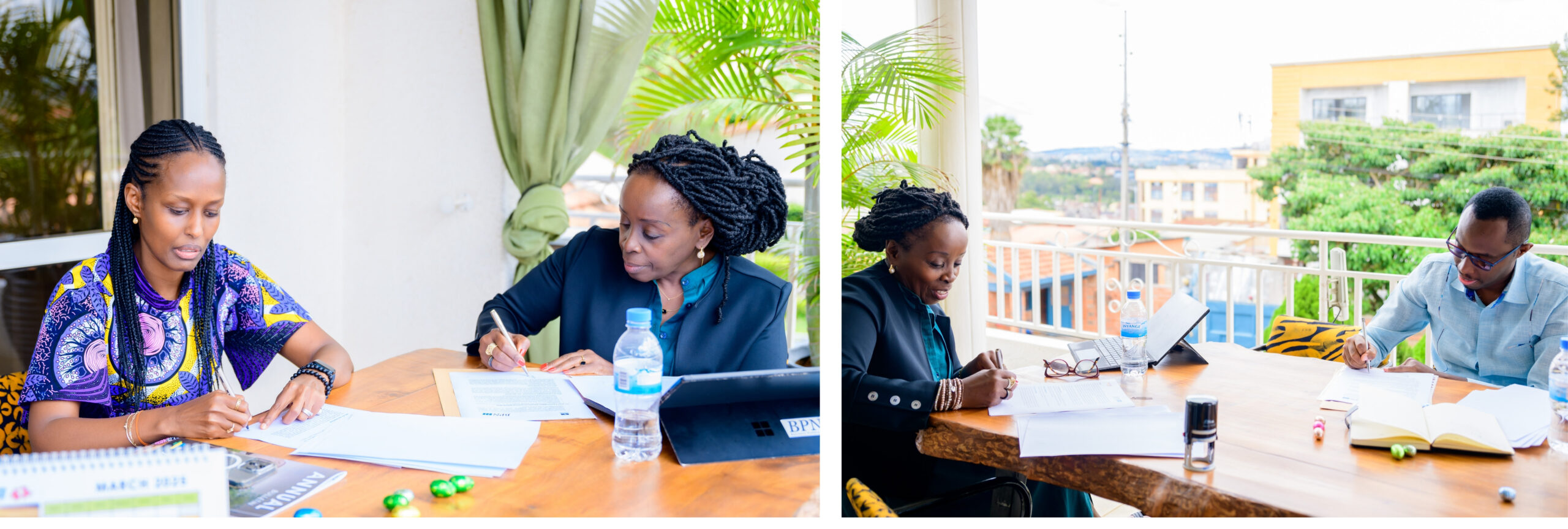
Beyond institutional alliances, BPN has also designed practical mechanisms to match entrepreneurs with the human capital they need, using initiatives like the Bridge Talent Fair and others.
We encourage entrepreneurs that now is the moment to get involved. Rwanda is already on the global stage, infrastructure is expanding, and visitor numbers are rising. This is an opportunity not only to build thriving businesses but also to shape Rwanda’s legacy as a model of sustainable and inclusive tourism.


